

Saudi Arabia's decision to hike public sector salaries will boost its already booming economy and help the government's fight against terrorism, economists said.
King Abdullah ordered a 15 per cent pay rise for all civil servants and the military -- the first across-the-board increase in more than 20 years.
Economists said the royal decree reflected confidence in the world's largest crude exporter that oil prices would remain high in the forseeable future.
They said the long overdue increase would also boost the popularity of King Abdullah, who has championed several ventures to improve the living standards of ordinary Saudis during his 10 years as the Kingdom's de facto ruler.
His decree also included a pledge to spend tens of billions of riyals on new hospitals, homes and schools.
The government is the largest employer of Saudis and has come under pressure from a rapidly growing population to create jobs and redistribute more of the Kingdom's huge oil wealth.
"A salary increase was overdue as the last pay revision was around 27 years ago," said a senior economist with a leading Saudi bank.
"There's some wisdom in this. Allowing people to benefit from oil revenues will create more economic activity," the economist said, adding it would further fuel interest in the Kingdom's soaring stock market.
Saudi Arabia, the world's largest oil exporter, is enjoying an economic boom driven by record high oil prices.
Saudi bank Samba Financial Group forecast the country would reap a record budget surplus of 191 billion riyals ($50.9 billion) and realise economic growth of 6.5 per cent in real terms in 2005.
Samba's chief economist, Brad Bourland, said the salary increase was a strong sign the government sees oil prices remaining around the $60 per barrel mark for the forseeable future.
"They've done the calculations and believe they can cover it. It will not be a revenue strain as they have plenty of latitude to move," he said.










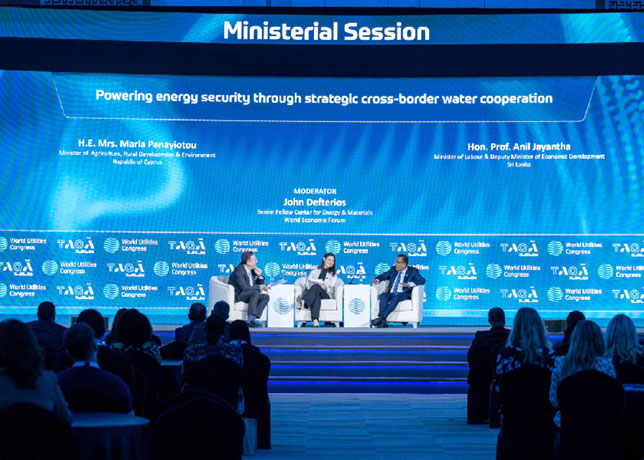



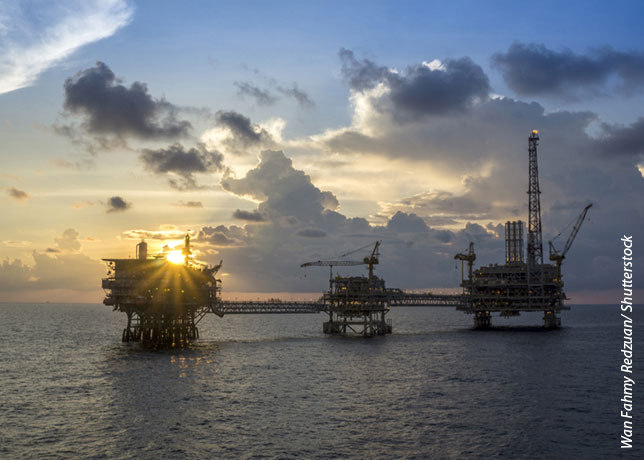
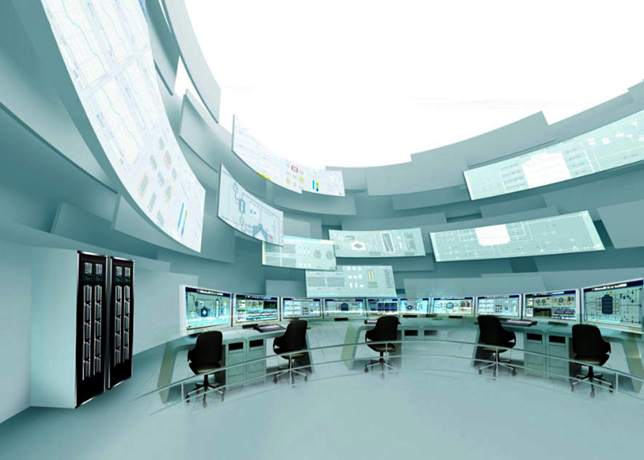
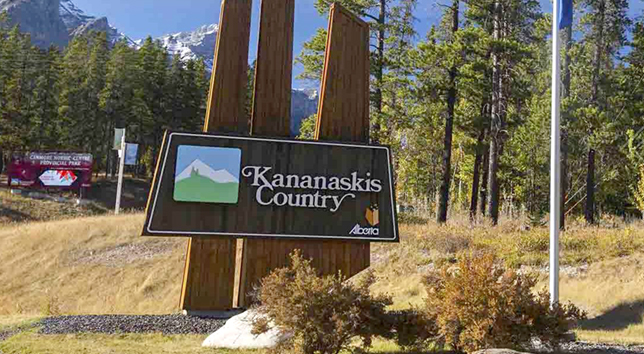





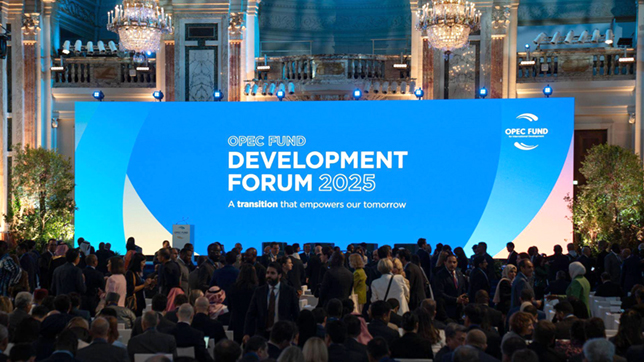















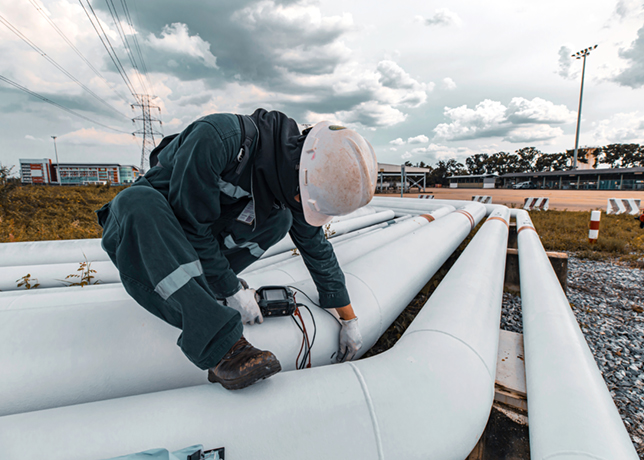
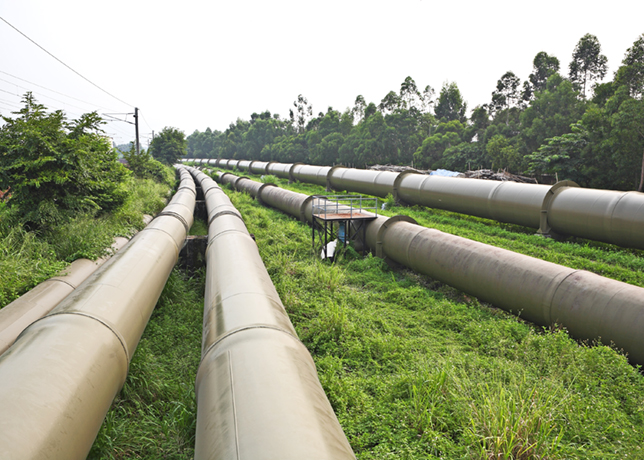






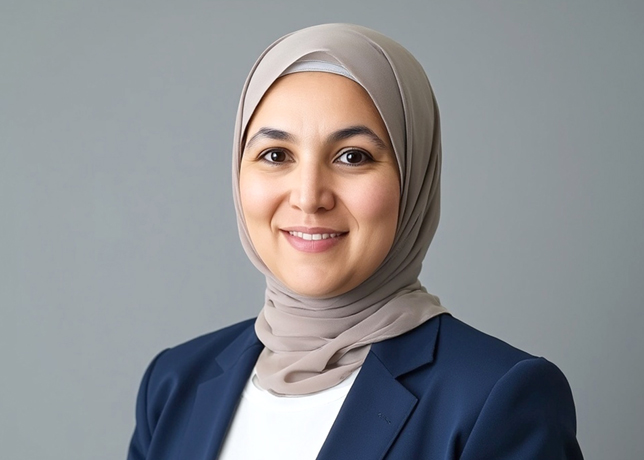
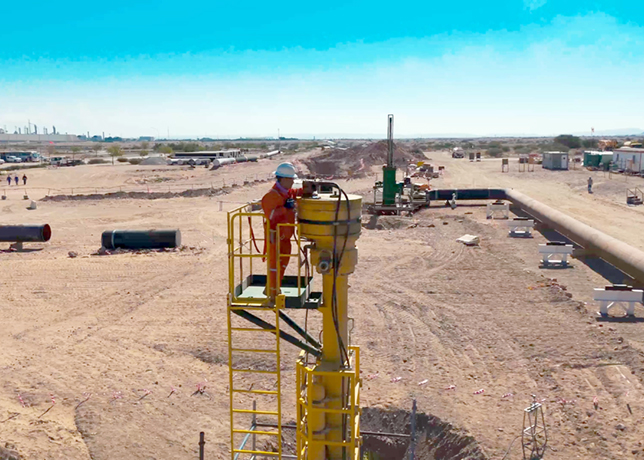

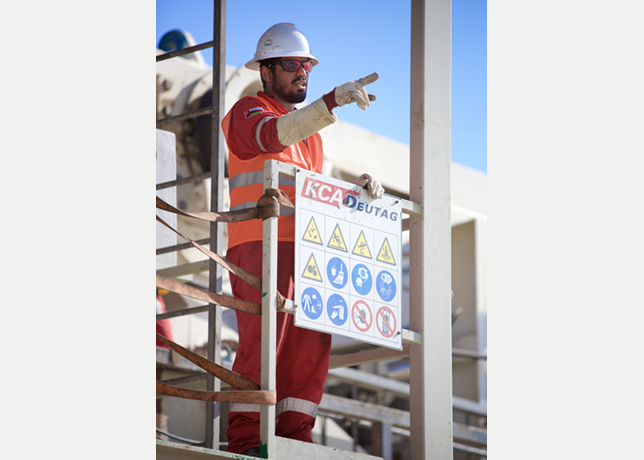




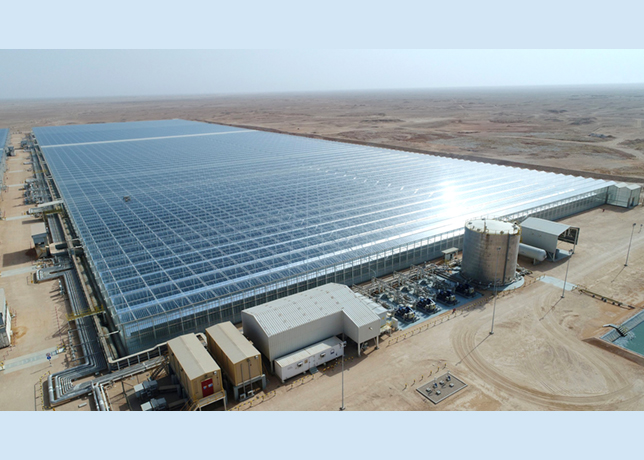































.jpg)











